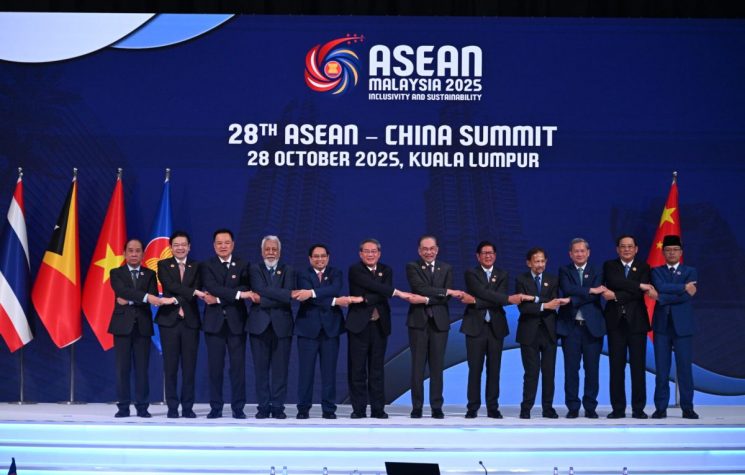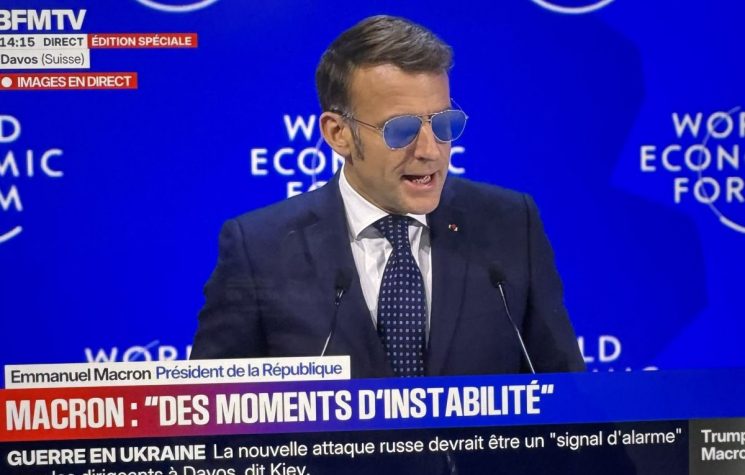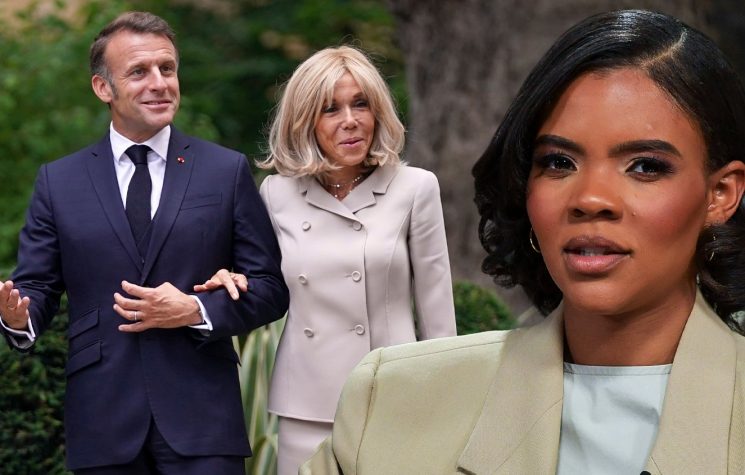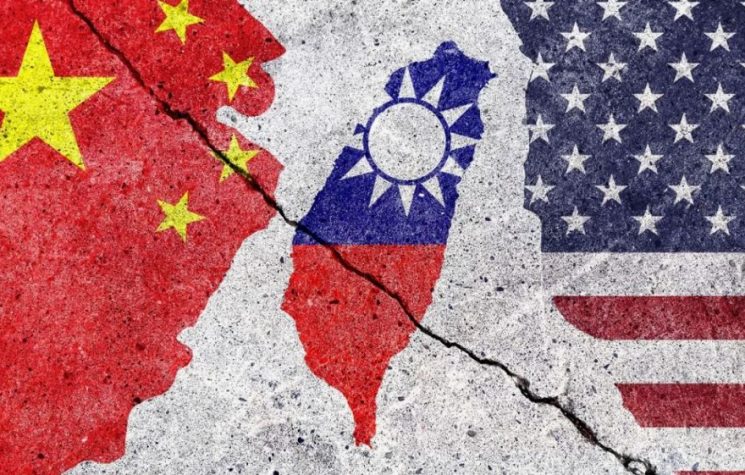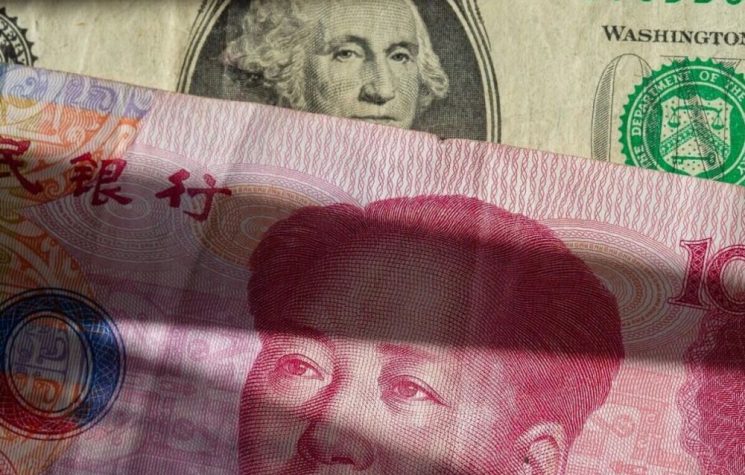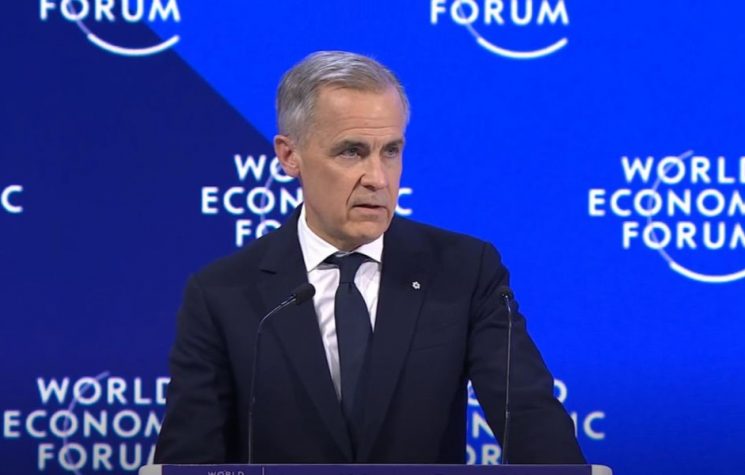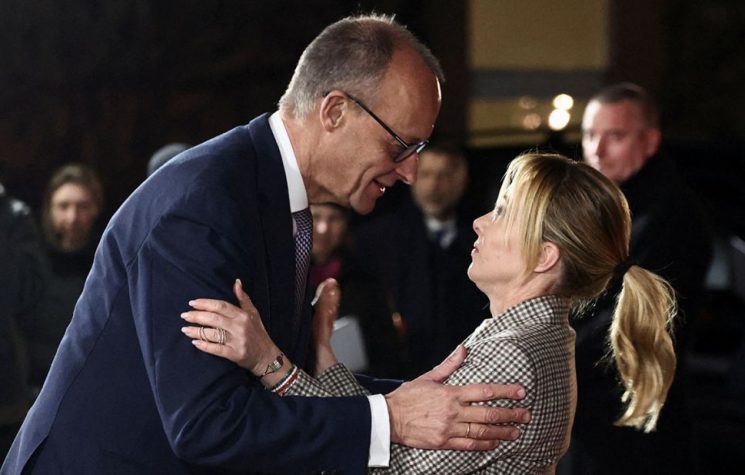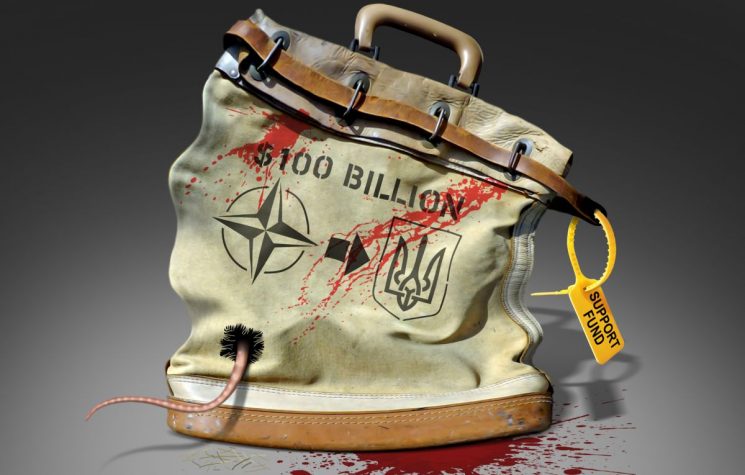It is unlikely that France will be able to imprint a strategic renewal on the European Union, given Brussels’ recent capitulation to Trump’s tariff blackmail.
Join us on Telegram![]() , Twitter
, Twitter![]() , and VK
, and VK![]() .
.
Contact us: info@strategic-culture.su
A new French political report went unnoticed by most geopolitical analysts, yet it represents a fundamental strategic document that could determine significant shifts in the international direction of the Élysée Palace.
This is Report No. 1588 by the European Affairs Committee of the French National Assembly, focusing on relations between the European Union and China. The document — drafted with input from representatives of all parties in the Assembly -aims to analyze EU-China relations in light of the current geopolitical context and suggest changes in their trajectory.
As one of the EU’s leading nations, France naturally holds greater influence over the bloc’s external policies—should the Élysée adopt the recommendations outlined by the National Assembly Committee.
The report’s starting point is the observation that EU-China relations have never been so tense. While the EU initially welcomed China’s economic opening in the 1970s and sought to expand bilateral trade ties, today, despite strong ongoing exchanges, diplomacy is marred by hostile statements from Brussels officials targeting Beijing — such as labeling China a “systemic rival” in 2019.
The report attributes this stance to Europe’s uncritical adherence to an Atlanticist policy in the Pacific, directed by Washington and primarily serving Washington’s interests. This policy was marked by the “strategic pivot” toward Asia under Barack Obama, deepened by Donald Trump’s first term, Joe Biden’s administration, and Trump’s second term, which launched a trade war with China via steep tariffs. For instance, during a 2021 summit in the UK, the EU and G7 nations issued a blatantly Sinophobic communiqué. As the U.S. under the Democratic Party maintains smoother relations with the EU, Biden steered Brussels toward treating Beijing as a “systemic challenge.”
Additionally, the report notes Brussels’ tendency to adopt a moralistic tone with China under the guise of defending so-called “human rights.” There are also deep divisions over Ukraine and Taiwan.
Yet, in a way the EU never anticipated, China has achieved rapid growth, becoming an unavoidable global actor. While 21% of European imports come from China, the country is no longer just the “world’s factory” — it is now the planet’s largest R&D hub in science and technology and the primary driver of global infrastructure development through the Belt and Road Initiative, which even includes some EU nations.
For the EU itself, Trump’s return to the White House was a reality check.
The report states: “The Trump administration’s policies marked a sharp break from the foundations of trade and diplomatic multilateralism.” It highlights how the U.S. imposed steep tariffs on China and the EU, flouting WTO rules — even threatening to leave the framework. But what truly shocks the authors is Brussels’ silence when Trump threatened to annex Greenland (Danish territory), offering no criticism or solidarity with Copenhagen. This raises questions about continuing to see the U.S. as an “ally” and China as a “rival.”
In light of all these and other considerations, the Commission offers 50 recommendations to guide French foreign policy and, specifically, for France to exert pressure on European foreign policy.
Among these dozens of recommendations, some stand out for representing a 180º turn in relation to the current European policy towards China.
On a directly geopolitical level, for example, Recommendation 11 proposes replacing the current Atlanticist strategy applied in the Indo-Pacific with cooperation with China; Recommendation 13 proposes replacing the current global financial institutions with a structure in which all countries are equally represented; Recommendation 14, in turn, advocates for the dedollarization of the world economy through the creation of a common monetary standard on a planetary scale, in order to facilitate exchanges and the financing of national economies.
There is also significant emphasis on the creation of Franco-Chinese joint ventures, as well as cooperation partnerships, especially in high-tech sectors, as seen in Recommendations 6, 34, and 37, along with the proposal to promote the Chinese language in French schools and university partnerships, as in Recommendations 46, 48, 49, and 50.
The document is permeated by realism and, for that very reason, is surprising in light of the continual counterproductive decisions taken by Brussels in its foreign relations.
Nevertheless, considering the current leadership embodied in the figure of Ursula von der Leyen, it is unlikely that France will be able to imprint a strategic renewal on the European Union, given Brussels’ recent capitulation to Trump’s tariff blackmail.













